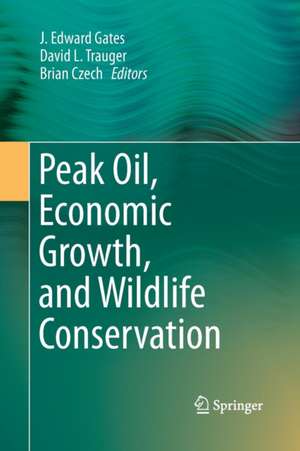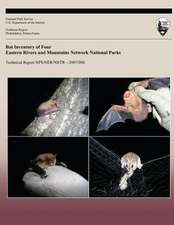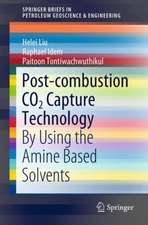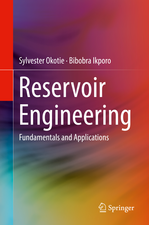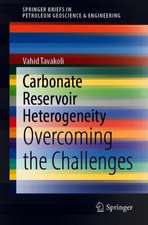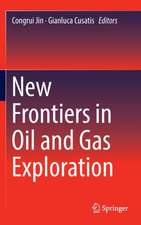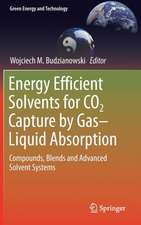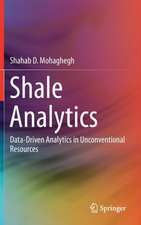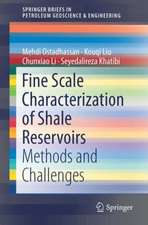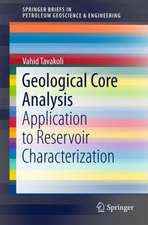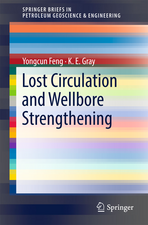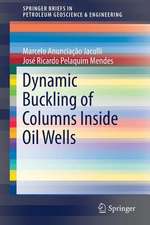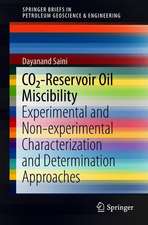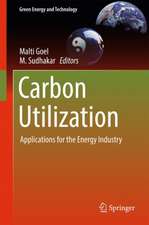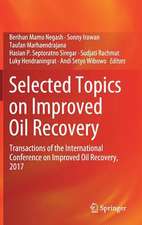Peak Oil, Economic Growth, and Wildlife Conservation
Editat de J. Edward Gates, David L. Trauger, Brian Czechen Limba Engleză Paperback – 10 sep 2016
| Toate formatele și edițiile | Preț | Express |
|---|---|---|
| Paperback (1) | 643.84 lei 6-8 săpt. | |
| Springer – 10 sep 2016 | 643.84 lei 6-8 săpt. | |
| Hardback (1) | 650.19 lei 6-8 săpt. | |
| Springer – 20 noi 2014 | 650.19 lei 6-8 săpt. |
Preț: 643.84 lei
Preț vechi: 757.46 lei
-15% Nou
Puncte Express: 966
Preț estimativ în valută:
123.20€ • 128.63$ • 101.96£
123.20€ • 128.63$ • 101.96£
Carte tipărită la comandă
Livrare economică 05-19 aprilie
Preluare comenzi: 021 569.72.76
Specificații
ISBN-13: 9781493954247
ISBN-10: 1493954245
Pagini: 346
Ilustrații: XX, 346 p. 54 illus., 35 illus. in color.
Dimensiuni: 155 x 235 x 19 mm
Greutate: 0.51 kg
Ediția:Softcover reprint of the original 1st ed. 2014
Editura: Springer
Colecția Springer
Locul publicării:New York, NY, United States
ISBN-10: 1493954245
Pagini: 346
Ilustrații: XX, 346 p. 54 illus., 35 illus. in color.
Dimensiuni: 155 x 235 x 19 mm
Greutate: 0.51 kg
Ediția:Softcover reprint of the original 1st ed. 2014
Editura: Springer
Colecția Springer
Locul publicării:New York, NY, United States
Cuprins
SECTION I: THE ENERGY DILEMMA.- Chapter 1. Peaking of World Oil Production.- Chapter 2. Energy Return on Investment (EROI), Liquid Fuel Production, and Consequences for Wildlife.- Chapter 3. Implications for the Economy and Environment of Alternatives to Fossil-Fuel Energy.- SECTION II: ECONOMIC CONSIDERATIONS.- Chapter 4. An Institutionalist Perspective on the Economy and Price of Oil.- Chapter 5. The Conflict between Economic Growth and Wildlife Conservation.- Chapter 6. The Steady State Economy as the Sustainable Alternative to Economic Growth.- SECTION III: FUNDAMENTAL CONFLICTS.- Chapter 7. Economic Growth and Wildlife Conservation in the North Pacific Rim, highlighting Alaska and the Russian Far East.- Chapter 8. Oil and Gas Development, the National Petroleum Reserve-Alaska, and Our Wildlife Heritage.- Chapter 9. Peak Oil and the Arctic National Wildlife Refuge.- Chapter 10. Impacts of Offshore Oil and Gas Development on Marine Wildlife Resources. Chapter 11. Alberta Oil Sands Development and Risk Management of Canadian Boreal Ecosystems. 12. Environmental and Wildlife Impacts of Oil Shale Production in the Western United States.- SECTION IV. WILDLIFE CONSERVATION AND FUTURE.- Chapter 13. Future Trends in Wildlife Conservation and Management Programs.- Chapter 14. Response of Professional Societies and Conservation Organizations to Peak Oil and Economic Growth.- Chapter 15. Envisioning an Alternative Future.
Textul de pe ultima copertă
Today, there are numerous books available on the subject of Peak Oil; however, most, if not all, address the consequences of peaking on our industrialized society and how we might adapt. There also are several excellent books available dealing with economic growth. Books on wildlife conservation are also commonplace. However, no book currently integrates the topics of Peak Oil, economic growth, and wildlife conservation into one narrative. This book attempts to do just that. The book is divided into four sections, respectively titled The Energy Dilemma, Economic Considerations, Fundamental Conflicts, and Wildlife Conservation and the Future. Each succeeding section builds on those that come before it. Readers of this book will gain a deeper understanding of the vital linkages between energy, economic growth, and the conservation of natural landscapes and native species.
This book is written for a broad audience, including natural resources professionals, planners, and policy-makers in federal, state, and provincial governments. Leaders of conservation and environmental organizations will value its clarion call for action to stem further losses of biodiversity (including genetic diversity) and advance its conservation. Professors teaching university courses in wildlife ecology and management, conservation biology, and ecological economics will find this volume to be an indispensable course book for their students. Others will use it as a primary reference for seminars dealing with sustainability. Persons interested in Peak Oil and energy depletion will learn how these issues impinge on wildlife conservation. Those interested in alternatives to a growth economy will find the discussion of a steady state economy enlightening, given thatlack of cheap, abundant energy may force us in that direction anyway. It is our hope that readers of this book will act on the information contained in it to effect positive change in how our global civilization interacts with the biosphere and humanity’s co-inhabitants—the millions of species composing Earth’s biodiversity.
This book is written for a broad audience, including natural resources professionals, planners, and policy-makers in federal, state, and provincial governments. Leaders of conservation and environmental organizations will value its clarion call for action to stem further losses of biodiversity (including genetic diversity) and advance its conservation. Professors teaching university courses in wildlife ecology and management, conservation biology, and ecological economics will find this volume to be an indispensable course book for their students. Others will use it as a primary reference for seminars dealing with sustainability. Persons interested in Peak Oil and energy depletion will learn how these issues impinge on wildlife conservation. Those interested in alternatives to a growth economy will find the discussion of a steady state economy enlightening, given thatlack of cheap, abundant energy may force us in that direction anyway. It is our hope that readers of this book will act on the information contained in it to effect positive change in how our global civilization interacts with the biosphere and humanity’s co-inhabitants—the millions of species composing Earth’s biodiversity.
Caracteristici
The only book that integrates the topics of Peak Oil, economic growth, and wildlife conservation Offers a multi-disciplinary approach that will be useful for wildlife and conservation ecologists, natural resource managers, planners, and policy-makers, economists and more Peak Oil is one of the most important issues affecting humankind in this century Includes supplementary material: sn.pub/extras
